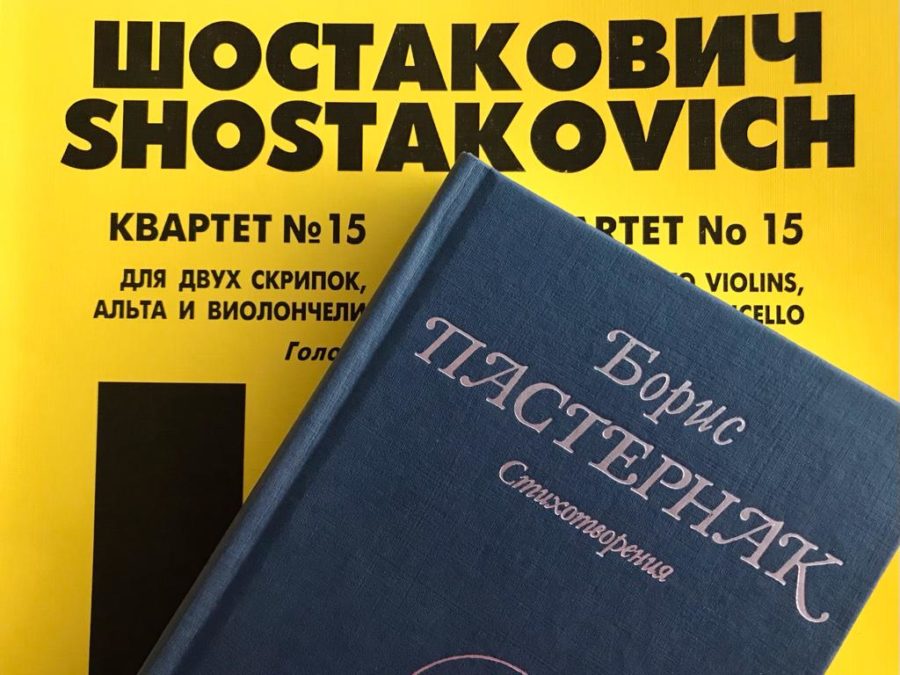28th March 2022 Belgrade, Serbia
The myth of russophobia

People around the world have watched in horror and disbelief as Russian military hardware wreaks death and destruction across Ukraine. Moscow’s decision to launch a brutal and bloody war is illegal and unjustified.
It is unsurprising that the world has moved quickly to condemn the invasion, and actions such as targeting of maternity hospitals and buildings sheltering children from bombs. It is equally unsurprising that people around the world have responded with deep sympathy for the suffering of Ukrainian people, some three million of whom have left the country as refugees.
Political leaders don’t like criticism – but most accept that it is a legitimate part of democratic life. They are accountable to the people who elect them and their actions should stand up to scrutiny.
Putin’s regime does not tolerate dissent. It has responded by increasingly repressive measures to prevent criticism (or even reporting the truth about the war) in the media or on the streets.
Unable to use draconian Russian laws to muzzle critics abroad they have a different approach.
Kremlin spin doctors resurrected the word ‘russophobia’ to create a myth that anyone criticising Putin’s actions must be prejudiced against Russia and Russians. It is used to denigrate anyone who points out violations of international agreements, criticises violations of human rights and freedoms or, condemns the brutal assault on Ukraine.
When the Kremlin has no better argument to use it shouts ‘russophobia’ like a term of playground abuse.
The Kremlin’s diplomats dismissed as ‘russophobia’ my country’s outrage when Moscow assassins murdered Aleksandr Litvinenko in London with lethal radioactive material. They accused us of ‘russophobia’ again after the GRU attacked Sergei Skripal with banned military nerve agents in Salisbury, killing a local woman. It is not ‘russophobic’ to protest at crimes that put lives at risk.
Like many people in my country I love the novels of Tolstoy, the poetry of Pasternak, the music of Shostakovich. My family have all studied Russian and regularly attended Orthodox liturgies. Most people would call me a ‘russophile’ not a ‘russophobe’.
I am not happy to see Russian families suffering because their sons will not return alive from Ukraine. I am not happy to see millions of Russians isolated from the world and deprived of information. I am not happy to see Putin turn back his clock to times when shortages were an everyday fact.
I know that many people in Russia don’t support the war. But I also know that the Russian people are living under an increasingly repressive regime ruling by fear and disinformation. It takes great courage to speak the truth when it risks 15 years in prison.
But the world cannot stand by and wait whilst Putin tries to wipe an entire country off the map. It is right that the world does all it can to persuade Moscow to stop carnage that must remind Russians of Leningrad and Stalingrad. Running out of sugar in Moscow cannot be compared with the terror of being trapped without food or water in a devastated Mariupol bomb shelter.
Putin bears the greatest responsibility for the attempted destruction of a country of over 43 million people, many who share his mother tongue and his purported Orthodox Christian beliefs.
Others acting upon his behalf, violating Russia’s international commitments, breaking the rules and laws on the conduct of war, ordering or perpetrating atrocities that include the slaughter of unarmed civilians must take their share of blame and face their own consciences.
Last week in Moscow’s Luzhniki stadium, Putin emerged briefly from his personal isolation, in a now infamous luxury coat, to address a crowd paid to chant and wave flags. This propaganda event, widely compared with the 1930s Nuremberg rallies, was a far cry from the spontaneous, genuine emotion of the crowds I remember gathered at Luzhniki in 1989 for the funeral of Nobel prize winner and dissident Andrei Sakharov.
There are growing signs that many people in Russia do not support Putin’s war, share global revulsion at his brutal military campaign, and do not want to live in a parallel universe of disinformation. They deserve understanding and support.
But condemnation of Putin’s brutality and his war against Ukraine is not ‘russophobic’ – it is normal, human decency.
This article was originally published in Serbian language daily KURIR on 26 March 2022.